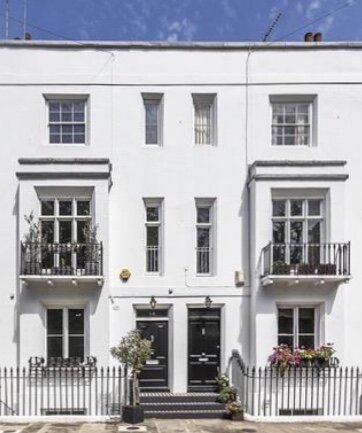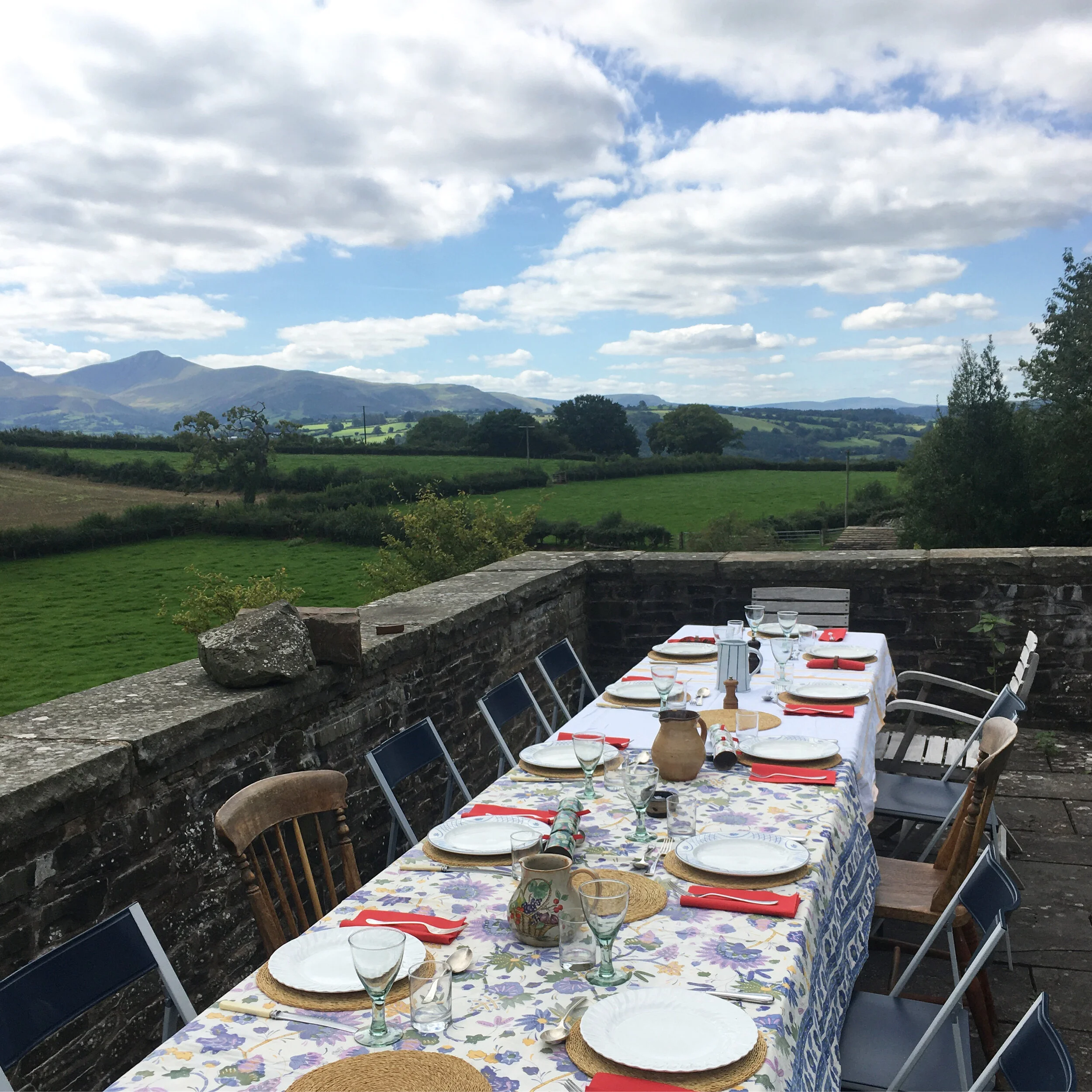When I told family friends at Easter I was going to be judging a mediation competition in Brazil, one of them laughed uncontrollably. At the time I couldn’t understand why he found it so funny. He kept asking but how do you win? I think I was a bit offended he didn’t think my profession had demonstrable levels of skill. But of course he was right to question it. And in the opening remarks of the 2024 CPR International Mediation Competition held in São Paulo, Dr Sukhsimranjit Singh commented on just this question, asking “can there be a winner in mediation?”.
I recently heard Tony Allen speak at a CEDR event where he questioned whether we need to redefine what it is to win. He was discussing the recent Churchill ruling and what impact a mandatory court order for mediation could have on a party with a CFA (conditional fee agreement). It is a common theme for mediators to query what it is to win. I often ask parties what a win would look like for them, and at the same time for them to be open to the specifics of that changing throughout the mediated discussions. One of the powerful aspects of mediation can be allowing for a creative exploration of possible outcomes, knowing that no one is bound to any proposal until a settlement is signed. Part of this is allowing for failure, requesting ideas in the knowledge some will be discarded, as it is through this process that a greater understanding of each side’s interests can be developed. Is this intentionally losing in order to win? Mediation requires a shift in perspective, both about the conflict at issue but also, to be most effective, away from a zero sum win/ lose approach.
This is not to take anything away from the winning mediator nor the winning negotiation team at this competition (Adricia Fereira of Sao Paulo Brazil and Aidan Wallace and Shaun Sweeney of Glasgow, Scotland respectively). They, along with the other finalists from Sydney, Australia impressed in the way they approached each round of the competition with detailed preparation, a considered and open manner, inquisitive as to the positions of their opposing sides and creative in exploring the possibility of shared outcomes.
In the current climate of partisan politics and protracted foreign diplomacy worldwide these international students provided real encouragement for the future of mediated disputes. On several occasions my feedback was that I wished all parties I mediated with had the pragmatism and collaborative approach these negotiators had and that I had noted techniques from the mediators I intended to utilise in my own practice.
I felt a tension judging the final, knowing how much work had gone into each team’s participation and just what a win would mean to them. But I was also reassured to know that (perhaps) all good mediators and those working in the dispute resolution profession would know that competing at this level is not really about winning or losing but rather the participation. The process of mediation is, I sometimes think, more important than the mediator. We hold the space and design the process and then it is for the parties to determine what they bring to the table.
It was an honour to judge alongside Denise Shaw, Jonathan Lloyd , Diago Falek and Dr Singh. Spending a few days surrounded by international dispute resolution experts and aspiring negotiation and mediation students from around the world left me enthused about the power of dispute prevention and resolution, and international peace building. Many thanks for inviting me Knar A. Nahikian and CPR Institute, and to my new found colleagues and friends Rissiane dos Santos Goulart, Marina Gouveia, Jair Gevaerd, Gustavo Milaré, Franco Gevaerd, and Paul Godin amongst many more.













